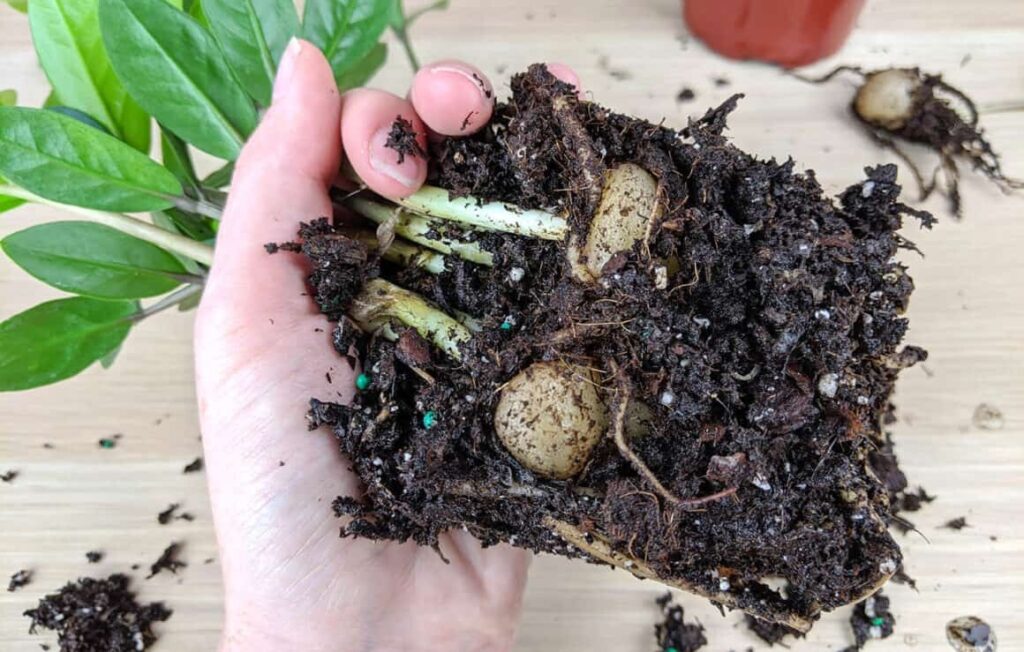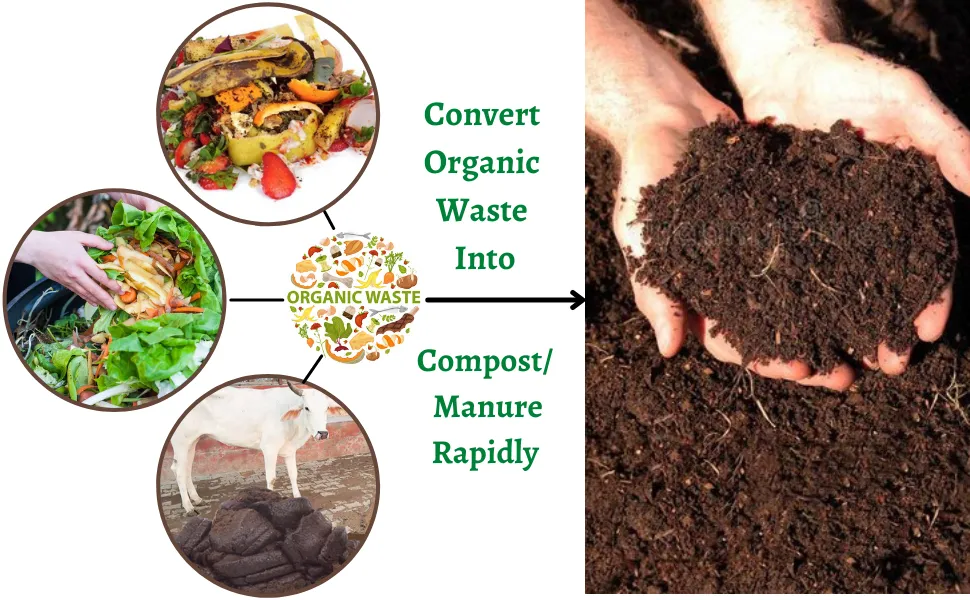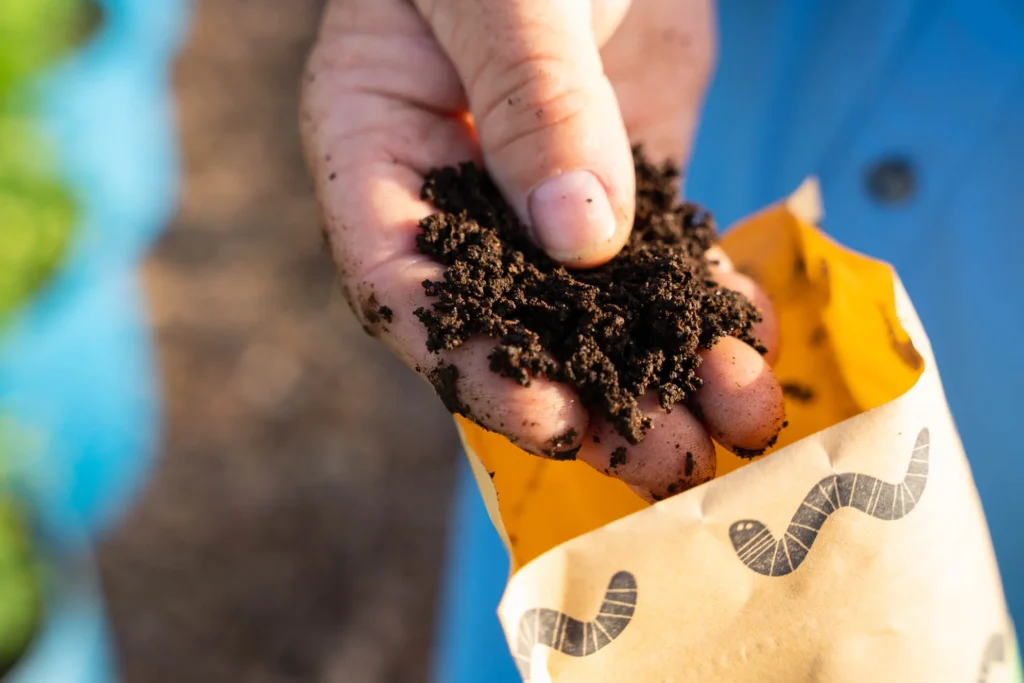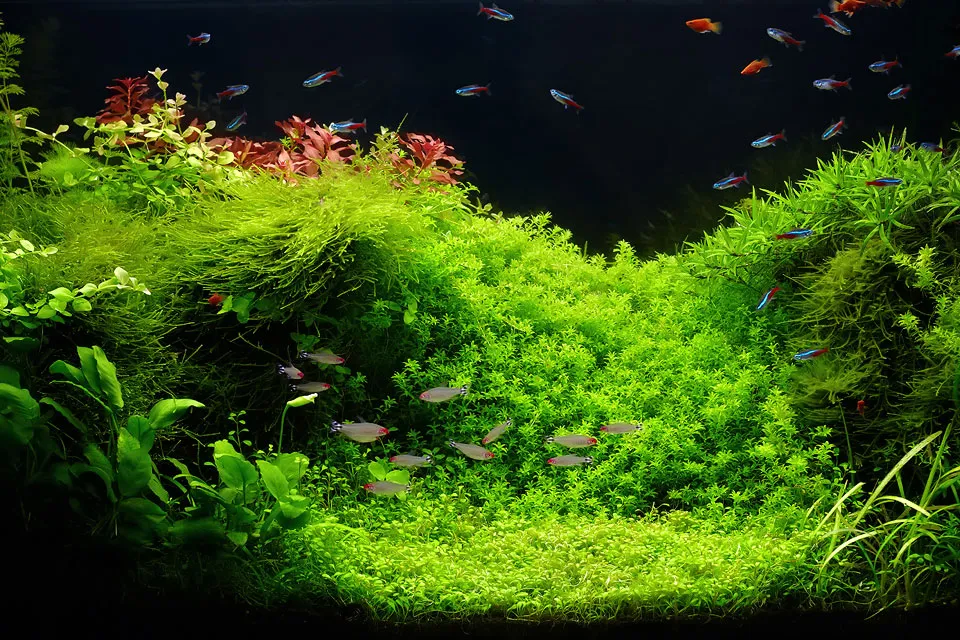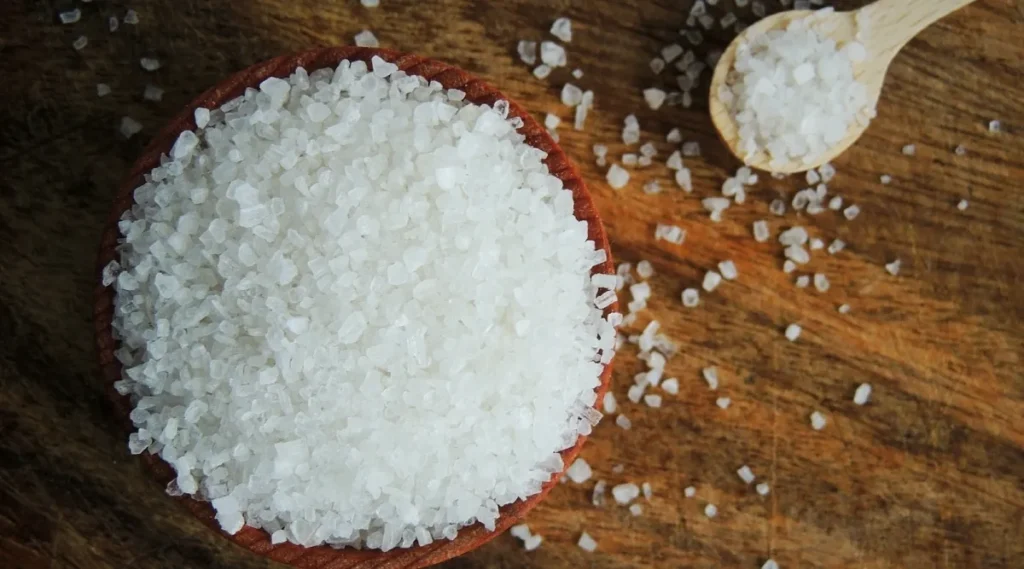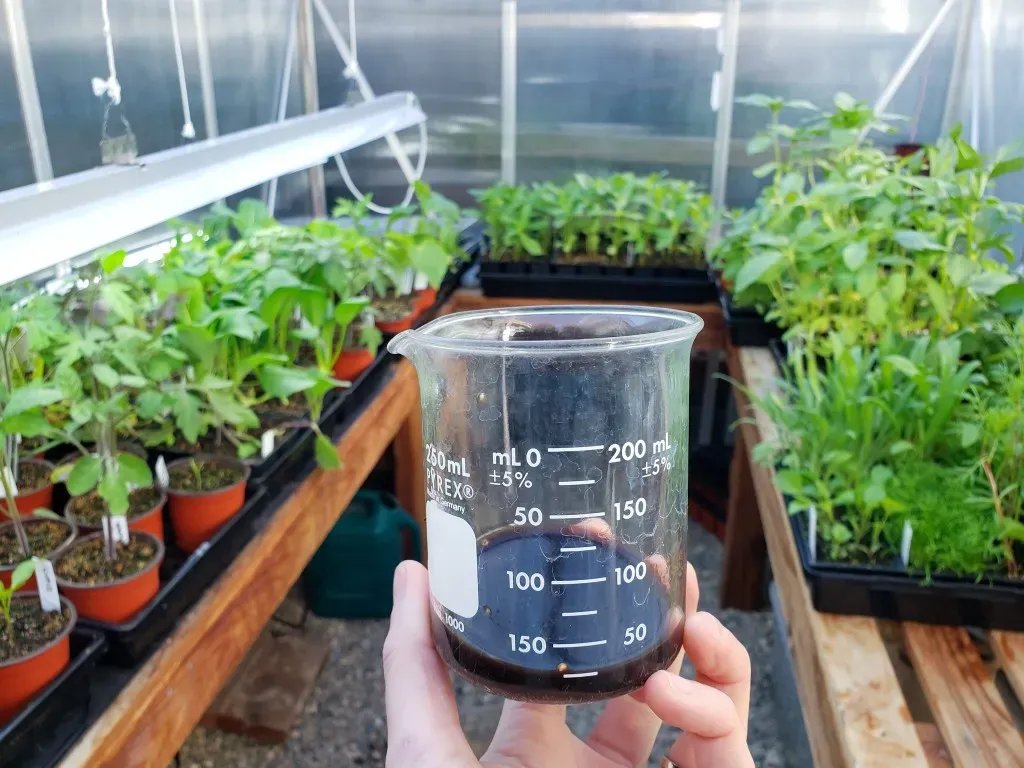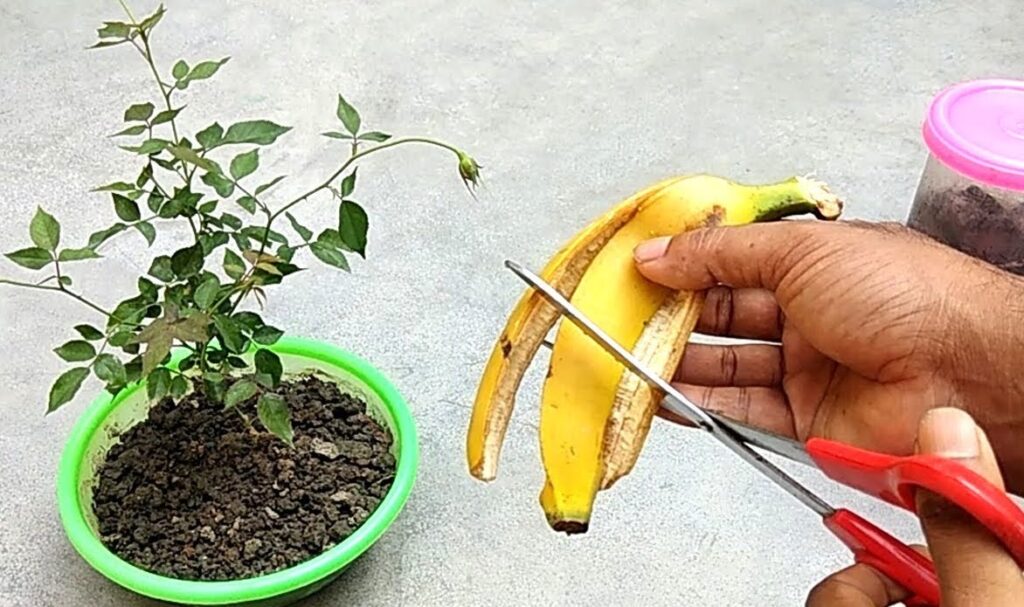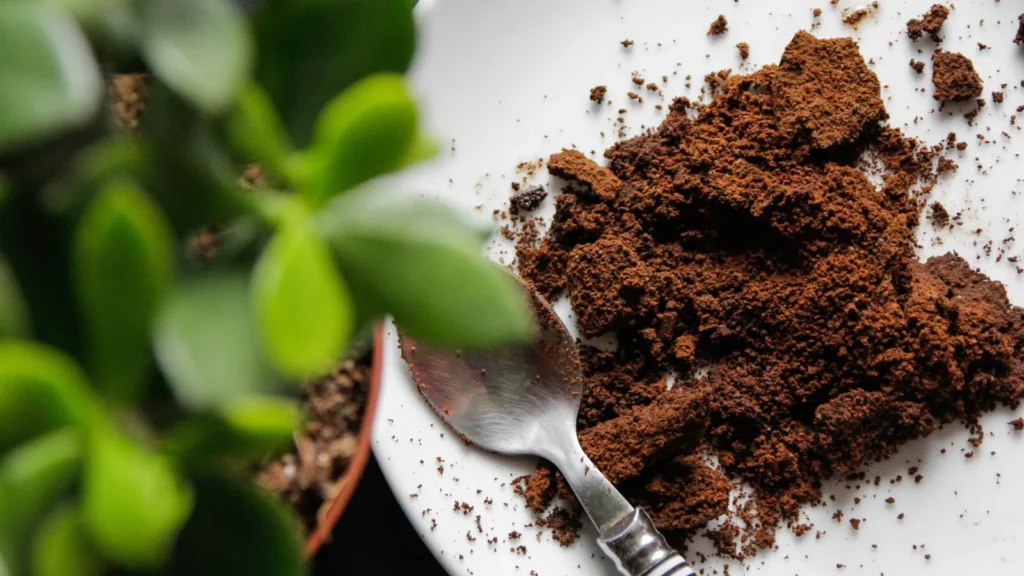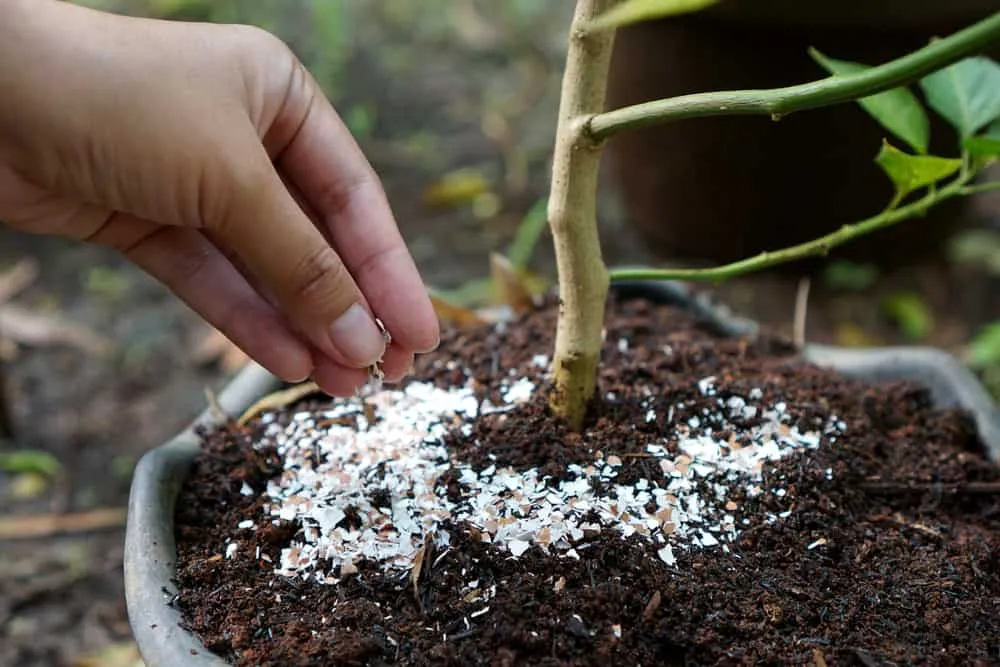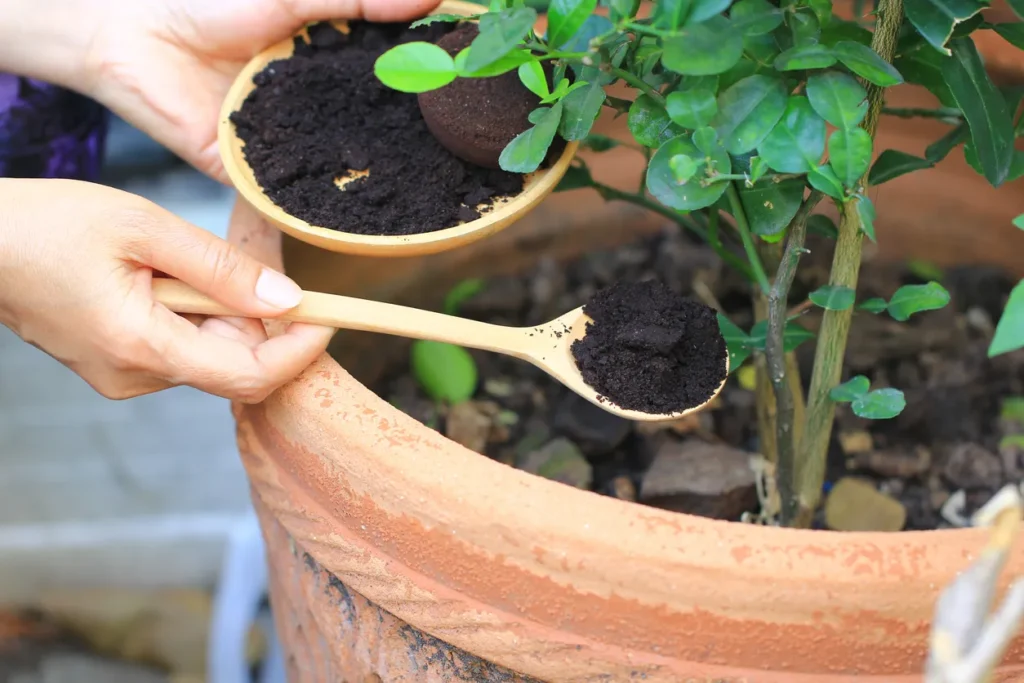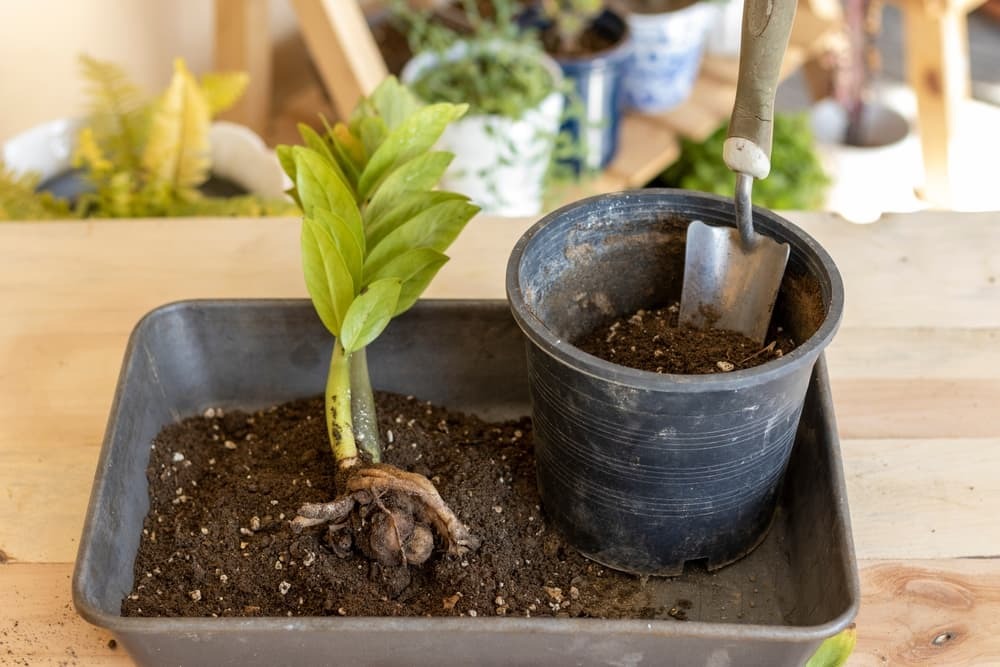
Carbon-Free Gardening: Natural Fertilizer ZZ Plants Tips for Everyday Growers
If you love to keep plants indoors, the ZZ plant must be your favorite plant. But growing a ZZ plant is pretty much frustrating because it doesn’t grow so fast. Eventually, many of you often ask why your ZZ plant is not growing new shoots. However, care for ZZ plant maintenance is very easy, but you need to fertilize it occasionally. For that, you can use some natural fertilizers for ZZ plants.
There are many different natural fertilizers that work like magic for a ZZ plant. But you should not try just any fertilizer you can find near you. That is the reason many ZZ plant lovers become confused about choosing the right fertilizer for the ZZ plants. If you are one among them, check out the discussion below on the natural fertilizers for ZZ plants.
Why You Should Add Natural Fertilizer for ZZ Plants?
Natural fertilizers do more than feed your plants; they help improve soil quality and overall plant health over time. Whether you’re caring for ZZ plants, herbs, or other houseplants, natural options are an easy way to support steady, low-maintenance growth.
Here’s why adding natural fertilizer makes sense:
🌿 Improves soil structure – Organic ingredients support better drainage and moisture control.
🌱 Encourages strong root systems – Ideal for container plants and indoor greenery.
🧪 Provides slow-release minerals – Maintains consistent nutrition over time.
♻️ Supports eco-friendly gardening – A sustainable way to refresh your potting mix.
🌼 Promotes fuller growth – Plants develop thicker stems and lush leaves.
Natural choices like Black Kow composted manure, worm castings, or plant-based compost are effective and gentle. They work well for both indoor and outdoor setups.
Best Natural Fertilizers for ZZ Plants
The complete name of the ZZ plant is Zamioculcas Zamiifolia. It is a hardy plant that can tolerate a wide range of conditions, including low light, low humidity, and infrequent watering. When it comes to fertilizing, Z Z plants do not require frequent or heavy feeding. Here are some natural fertilizers that you can use for ZZ plants:
1. Compost
Compost is an excellent natural fertilizer for ZZ plants and almost any indoor plants. It is rich in nutrients and provides a slow release of nutrients over time. You can mix compost with the soil or use it as a top dressing. Using compost once a month can give your care ZZ plant a lavish growth
2. Worm Castings
Generally, worm castings are the waste produced by earthworms, and they are a great source of nutrients for plants. They are rich in nitrogen, phosphorus, and potassium, and they also contain beneficial microbes that can improve soil health. You can mix worm castings with the soil or use them as a top dressing.
3. Fish Emulsion
Fish emulsion is made from ground-up fish and is a good source of nitrogen, which is essential for plant growth. It also contains other nutrients such as phosphorus and potassium. You can dilute fish emulsion in water and apply it to the soil once a month.
4. Epsom Salt
As we all know, Epsom salt is a very common and popular fertilizer. It is a good source of magnesium, which is important for the growth of ZZ plants. It can also help to improve the uptake of other nutrients. You should just dissolve 1-2 teaspoons of Epsom salt in a gallon of water, and use this solution to water your ZZ plant once every month.
5. Seaweed Extract
Seaweed extract is made from seaweed and is rich in micronutrients such as iron, manganese, and zinc. It also contains growth hormones that can help to stimulate plant growth. You can dilute seaweed extract in water and apply it to the soil once a month.
The following natural fertilizers for ZZ plants might seem weird but all of them are very effective, especially caring for ZZ plants. So, you can try any of them but don’t apply them together. When using any type of fertilizer, make sure to follow the instructions on the label and avoid over-fertilizing, as this can damage the plant zz.
Best Homemade Fertilizers for ZZ plants
Not just the natural fertilizers, you can try some homemade organic and natural fertilizers for ZZ plants. Most of them can be made from your daily kitchen trash. So, before you buy some fertilizers from the shop for your beautiful Z Z plant, you should try the following homemade DIY ZZ plant fertilizers.
1. Banana Peel Fertilizer
Banana peel fertilizer is very effective, especially for indoor plants, like ZZ plants. Simply chop up banana peels and bury them in the soil around the ZZ plant. As the peels break down, they release potassium, phosphorus, and other micronutrients that the plant can absorb.
2. Coffee Grounds
Mix used coffee grounds into the soil around your ZZ plant. The coffee grounds contain nitrogen, which can help promote healthy foliage growth. These are very essential for your plant to grow. You can use cut some banana peel and leave it in a jar full of water for a few days and pour the water into the soil. This initiative will fertilize zz plants nicely.
3. Eggshell Fertilizer
Eggshare crushed is one of the most popular homemade natural fertilizers for ZZ plants and any other plants. Crush up eggshells and sprinkle them on top of the soil around the ZZ plant. The eggshells will slowly release calcium into the soil, which can help promote strong roots and overall plant health.
4. Tea Compost
If you love to drink tea, you can also keep the compost separated and use them as a homemade fertilizer. Just separate the tea compost and dry them in the sunshine.
And when it is completely dry, you can use them as a fertilizer. You can also use Black Kow, but keep in mind about the black kow disadvantages a bit. Just mix them on the topsoil of your ZZ plant. But make sure not to use them too often. Tea compost is very strong, so you should use them occasionally.
It’s important to note that homemade fertilizers should be used sparingly, as over-fertilizing can actually harm your ZZ plant. Aim to fertilize ZZ plant once a month during the growing season, especially in spring and summer, and reduce or stop fertilization during the dormant seasons, like in fall and winter.
Best Natural Fertilizers for ZZ Plants with a Quick Table
Many home gardeners prefer using gentle, plant-based fertilizers to support slow-growing houseplants like the ZZ plant. These natural choices like banana peels, eggshells, and used coffee grounds can provide essential nutrients without the need for commercial fertilizers.
Natural fertilizers work best when used occasionally and in moderation. Since ZZ plants don’t require heavy feeding, applying a mild fertilizer every couple of months is usually enough.
Here’s a handy breakdown of the best homemade fertilizers for ZZ plants, what they offer, and how to use them effectively:
| Fertilizer Type | Key Nutrients | Potential Benefits | How to Use It |
| Banana Peels | Potassium | May support root and stem development | Steep in water or bury small pieces in the soil |
| Eggshells | Calcium | Can help maintain strong cell walls | Crush and mix into soil or soak in water |
| Used Coffee Grounds | Nitrogen | May encourage greener, fuller foliage | Dry and sprinkle lightly on top of the soil |
| Epsom Salt (Unscented) | Magnesium, Sulfur | Supports overall plant wellness | Dissolve 1 tsp in a liter of water; apply sparingly |
These gentle fertilizers are best used in moderation ZZ plants are slow growers and don’t need frequent feeding. Always dilute mixtures and avoid applying to dry soil. A simple, homemade mix every 2–3 months is more than enough to keep your ZZ plant happy.
Tips for Applying Store-bought Fertilizers for Your ZZ Plants
You might need to use some store-bought fertilizers for your ZZ plants, especially when you have a lot of plants at your home. Usually, the ZZ plant is a hardy plant that can tolerate a range of soil conditions. However, it is important to avoid over-fertilizing, as this can cause damage to the plant. Here are a few tips for fertilizing your ZZ plant, especially when you will use some non-organic fertilizers.
- Use a balanced, water-soluble fertilizer: A balanced fertilizer contains equal amounts of nitrogen, phosphorus, and potassium (NPK). Look for a fertilizer with an NPK ratio of 10-10-10 or 20-20-20. Water-soluble fertilizers are easy to apply and quickly absorbed by the plant.
- Dilute the Fertilizer: Mix the fertilizer with water, following the instructions on the package. A common dilution rate is 1/4 to 1/2 teaspoon of fertilizer per gallon of water.
- Apply the Fertilizer Sparingly: ZZ plants do not require a lot of fertilizer, so it’s important not to overdo it. Apply the fertilizer every 2-3 months during the growing season (spring and summer), and stop fertilizing during the fall and winter.
- Apply the fertilizer to damp soil: Water the plant lightly before applying the fertilizer to prevent the roots from being burned by the concentrated solution.
Remember that ZZ plants are slow growers and do not need a lot of fertilizer. If the plant is growing well and appears healthy, it may not need fertilizer at all.
End Call
Not even fertilizing your ZZ plant growth can make it stop growing completely. And using natural fertilizer is very helpful for your ZZ plants. So, make sure to use the right natural fertilizers for ZZ plants timely manner. Besides, you should ensure a better ZZ plant placement and the right media for it.
Having different varieties of large ZZ plants at your home increases positivity, and adds a nice environment to your home. Hopefully, from now on, you will have a bunch of lush green ZZ plants that get the right natural fertilizers.
borshon96
Recommended

9 Effective Tips for Balcony Gardens for Beginners

Best Homemade Fertilizer: Banana Peel for Plants


Philodendron Neon Heartleaf: Your Most Obedient Houseplant


